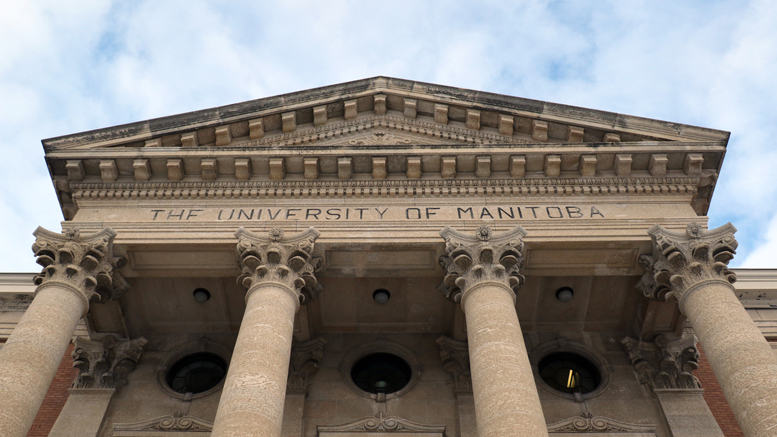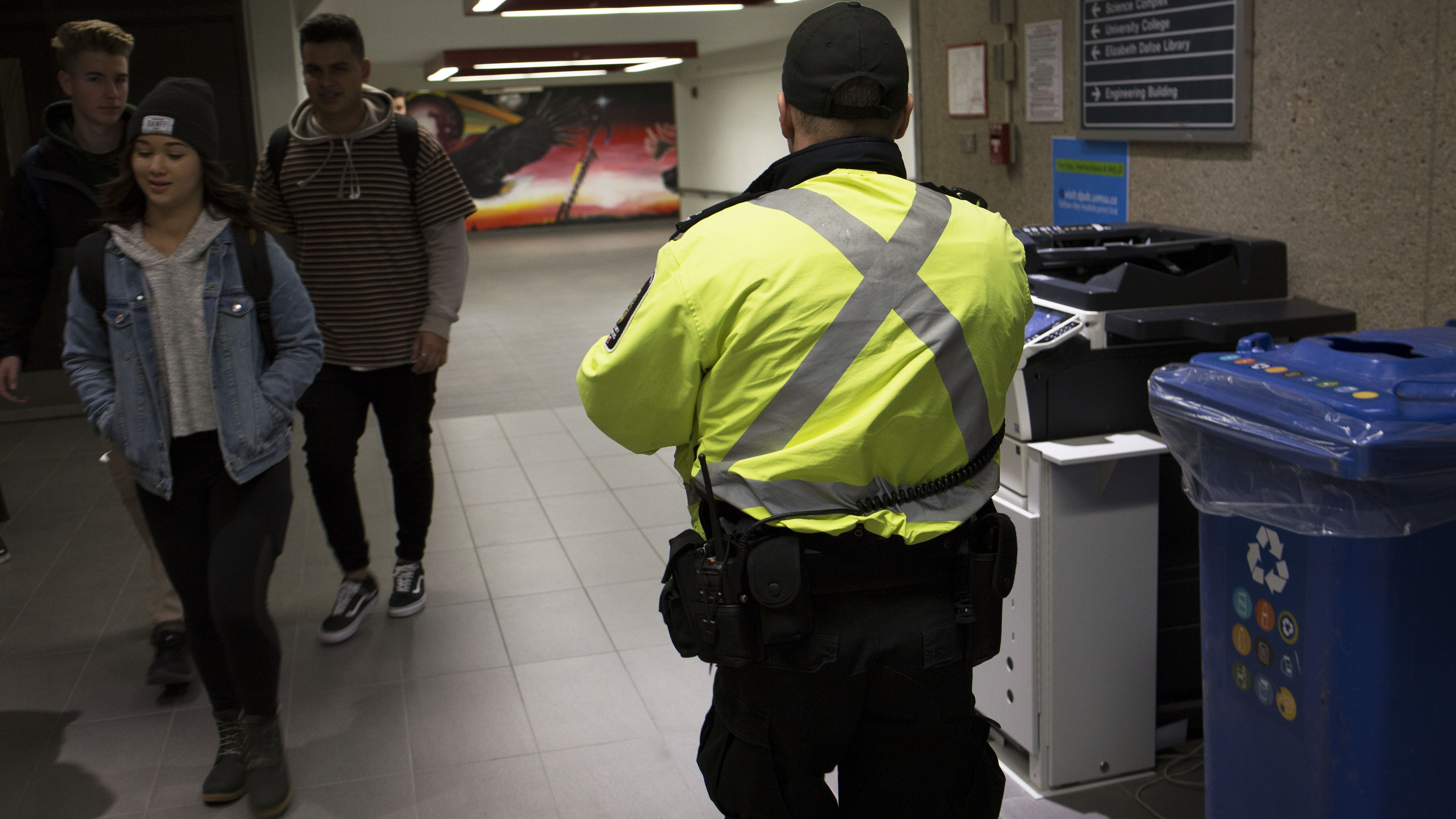As the number of COVID-19 cases in Manitoba climbs, the U of M continues to expand precautionary measures.
Health Canada has issued a number of precautionary measures to control transmission of the virus — including social distancing — and has urged people not to gather in crowds larger than 50 people.
All classes at the U of M were cancelled Monday and Tuesday as administration moved to deliver nearly all courses remotely or online.
Courses are scheduled to resume today with nearly all instruction completed remotely. Only in rare exceptions — which will be communicated directly — will any classes resume on campus.
All non-essential events involving more than 50 people have been cancelled.
On Monday, the university announced that the voluntary withdrawal deadline for the term has been pushed to April 13.
In a letter issued late Friday, U of M president David Barnard said the intention is to keep the university as operational as possible and to continue to provide students with “as many essential services as possible under the circumstances.”
“The COVID-19 threat is new to all of us; none of us have dealt with precisely this situation before,” said Barnard.
“We are acting out of an abundance of caution and with the best interests in mind of this and the larger community. We are all dealing with this together. We are committed to doing our best and making the best decisions.”
On Monday, all UMSU businesses were closed after a weekend fire outside UMSU University Centre but other businesses, including the campus bookstore, remained open. UMSU president Jakob Sanderson said the union’s businesses will likely be prepared to resume operations later in the week but was unsure if they would re-open given the precautions.
“It’s a really difficult situation,” he said. “I think everyone is doing the best they can. We’re working with the university collaboratively on this.”
Sanderson said UMSU is still making arrangements to best manage the “fluid situation” but that his focus remains on students.
“Our number one priority is student safety,” he said, “and then from that, with classes being moved online, how are we ensuring that the course content is being communicated to students in a way that will set them up for success in their final exams but also to ensure they are getting the proper value they want out of the course.”
U of M Graduate Students’ Association (UMGSA) president Carl Neumann said the association plans to follow the university’s precautions and cancel public events and move all meetings online.
“The UMGSA is continuing its advocacy for grad students during these difficult circumstances,” he said.
“We are participating in university planning meetings related to COVID-19 and will continue to work along with university staff and UMSU to minimize the problems and uncertainties that students are and will be facing.”
For the time being, the UMGSA office remains open but will be closed to anyone but staff and executives. Executives will remain accessible by email.
Residence services “normal”
While the university is taking more drastic precautions, residence services director Barry Stone said in a letter to residents that daily life will continue in a mostly regular fashion.
“At this point in time, residence and dining operations will continue to function as normal, with the exception of some larger residence programming events being cancelled or postponed until further notice,” he wrote.
Stone acknowledged that students will face more difficulties practicing social distancing in a communal setting but said students can individually make an effort to wash their hands more frequently and utilize proper coughing and sneezing etiquette to mitigate risk.
He said there are plans in place in case a student living in residence contracts COVID-19.
“We have established protocols to deal with any resident who might require self-isolation if they have received a health care directive to do so,” wrote Stone.
These protocols remain unclear.
Katrina Framst, a student currently living in the Arthur V. Mauro student residence, said that not much has changed in the residence since the outbreak hit Manitoba, but cleaning efforts appear to have increased.
“There has been a substantial increase in the frequency that the common areas are being cleaned with the cleaners even coming in on the weekend now,” she said.
“Other than that, there are no obvious changes within my dorm.”
Will Scofield, University College Residence Students’ Association publications representative and American international student, acknowledged in a statement the difficulty of maintaining social distancing within tight quarters.
“The challenges of self-isolation and social distancing are made nearly impossible by shared bathrooms, doors, elevators, hallways and dining areas,” he said.
“My fear lies not with contracting COVID-19, but in my ability — and the ability of my peers — to spread this illness to more vulnerable populations.”
Student experience
Leah Handford, a first-year sciences student, said the cancellation of in-person instruction has “greatly affected a lot of classes not only for me but my peers as well.
“Labs are extremely important, and there’s no way to do a chemistry lab online,” she said.
“Honestly, I’d rather them cancel the labs altogether for the rest of the year and take that percentage and put it on our final, because I know so many students who are scared of how the labs will fluctuate their marks if it’s all online,” she added.
In faculties that are so hands-on, students may depend on those labs to understand the course material.
“A big part of a course is group discussion in class, and we can’t exactly do that anymore either,” she said.
“But at the same time, [the university] had to adjust to this super fast so I understand why there’s some holes in the plan.”





